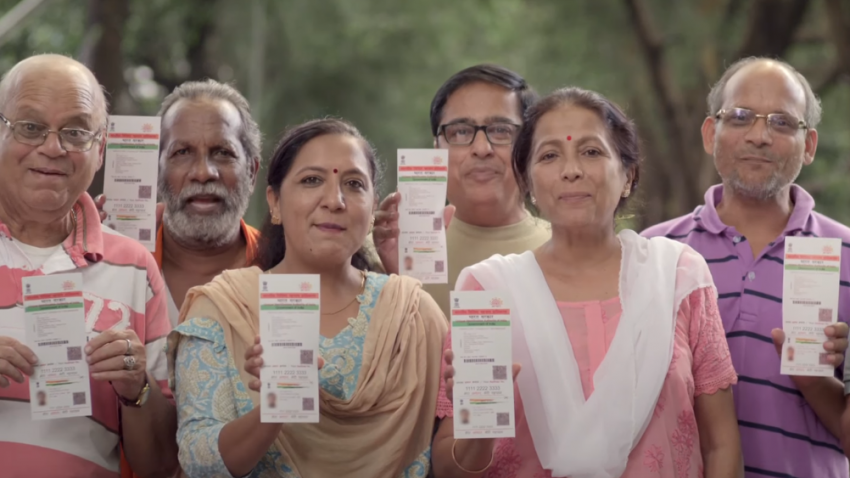A constitutional bench headed by Chief Justice of India Dipak Misra on Wednesday declared Aadhar- government’s biometric identification scheme, constitutionally valid but laid down the changes in certain provisions of the Aadhar act 2016.
Supreme Court in its 40-page verdict against a batch of petitions questioning the constitutional validity of the Aadhar Act, 2016 said that Aadhar act isn’t breaching anybody’s right to privacy.
Highlights of the Aadhaar Case Verdict:
- 4:1 verdict in favor of Aadhaar.
- The supreme court declared Section 57 of the Aadhar Act unconstitutional. Section 57 permitted not only telecom companies and banks but other private entities to use Aadhar as identification. No private entity can force any individual to provide them Aadhaar.
- SC struck down National security exception to reveal Aadhaar information under Section 33(2). A judicial warrant will now be necessary to access data of any person under investigation by concerned agencies.
- Linking bank account with Aadhaar is not compulsory.
- Aadhaar is not compulsory for taking admissions in schools.
- Using Aadhaar for mobile connections is also not compulsory.
- CBSE, NEET and UGC are not allowed to make Aadhaar mandatory
- Aadhaar is necessary to file income tax return (ITR) and when applying Permanent Account Number (PAN).
- Supreme Court said , It is better to be unique than being best; Aadhaar means unique
- Authentication records cannot be stored for more than six months, said the apex court.
Justice Ashok Bhushan, who read out the verdict, goes with majority favoring Aadhaar leaving Justice Chandrachud as lone dissent.
As reported by Times of India, Justice Chandrachud argued that Aadhar is unconstitutional when considered same as Money Bill. He quoted, Aadhaar Act cannot be treated as Money Bill. Passing a bill as Money Bill which is not a money bill is a fraud on constitution.
The constitution bench included Chief Justice Dipak Misra, Justice AK Sikri, Justice AM Khanwilkar, Justice DY Chandrachud and Justice Ashok Bhushan. The judges reserved judgment on May 10 earlier this year after reviewing petitions.
The petition claimed that Aadhar act 2016 has been violating the privacy of an individual. This has become the second longest case lasting for nearly 38 days after the Kesavananda Bharati case of 1973.

